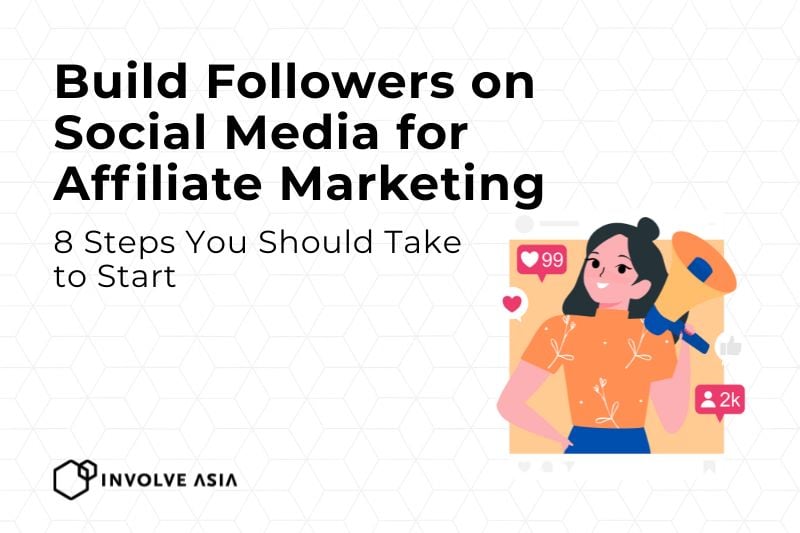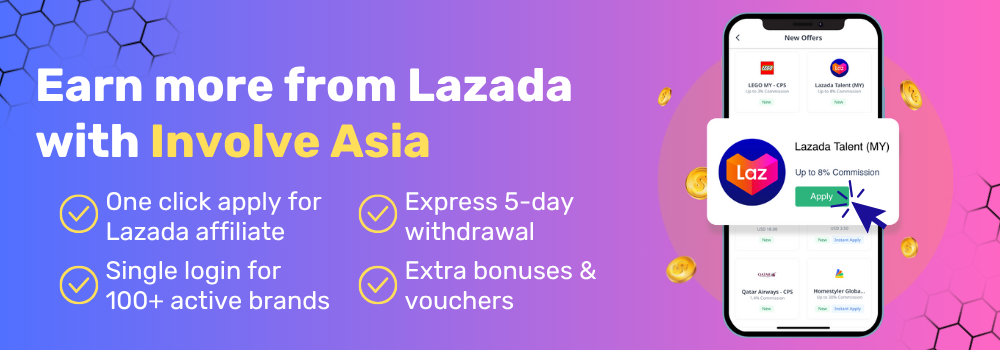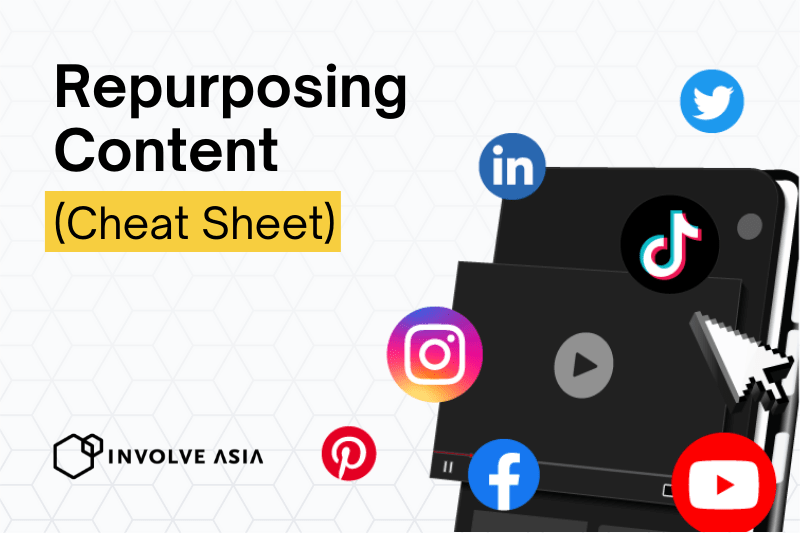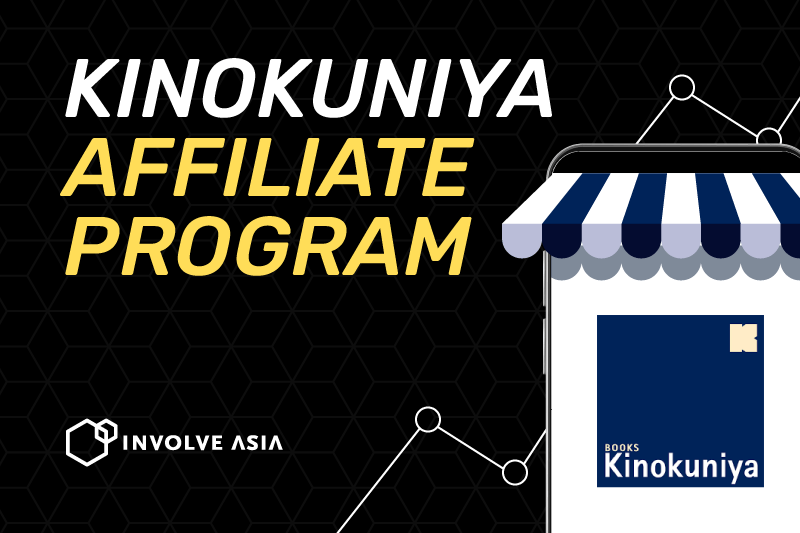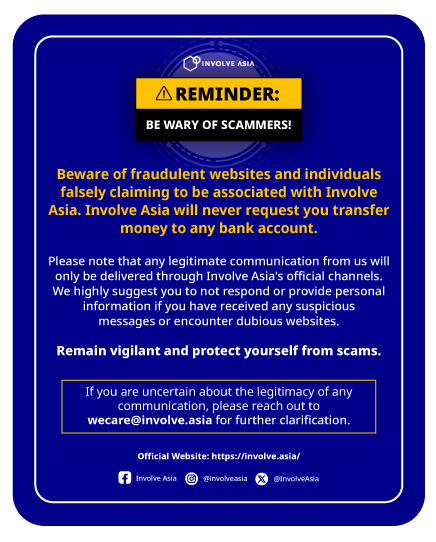If affiliate links are the engine, your followers are the fuel. The more real, engaged followers you have, the more chances your content has to convert clicks into commissions. But don’t worry — you don’t need millions of followers to succeed.
A few hundred loyal people who trust your recommendations can be more powerful than a sea of inactive ones. Ready to grow your social media tribe? Let’s get into the steps.
8 Steps How to Build Your Followers on Social Media Platforms
Step 1: Choose the Right Platform for You
Match Your Strengths with Platform Style
Love creating short videos? TikTok might be your vibe. Prefer talking on camera? YouTube’s your best bet. Are you more into writing quick thoughts or threads? Then X (Twitter) is for you. Start with what feels natural — you’ll stick with it longer and create better content.
Know Where Your Audience Hangs Out
If you’re promoting baby products, chances are your audience is active on Facebook. Tech reviews? YouTube. Fashion finds? Instagram. Do some research or even ask your existing network — where do they spend time online?
Step 2: Set Up a Business or Creator Account
Benefits of Switching from Personal to Professional
Professional accounts unlock powerful tools: analytics, scheduling, ad tools, and link tracking. You’ll also appear more credible to both followers and brand partners.
Platform Setup Basics
- Facebook: Create a business page through your personal profile.
- Instagram: Switch to a Creator or Business account via Settings.
- TikTok: Go to “Manage account” > “Switch to Pro Account”.
- X (Twitter): Tap on your profile > “Twitter for Professionals”.
- YouTube: Set up a channel via your Google account.
Step 3: Optimize Your Profile
Clear Bio and Profile Picture
First impressions count. Use a high-quality photo or logo, and write a short, clear bio that says what you do and who you help.
Add a Link to Your Affiliate Page
Use tools like Linktree, Beacons, or your own landing page to display all your affiliate links in one spot. Drop this link in your bio!
Step 4: Create Valuable Content Regularly
Educate, Entertain, or Inspire
Good content does one (or more) of these three things. Share helpful tips, funny takes, or motivational messages. Whatever you do, keep it relatable and useful.
Use Platform-Specific Formats
- Instagram: Reels, Stories, and carousel posts.
- TikTok: Short, snappy videos with music.
- Facebook: Long-form posts, polls, and Lives.
- YouTube: Tutorials, product reviews, and vlogs.
- X (Twitter): Threads, memes, and quote tweets.
Step 5: Engage with Your Audience
Respond to Comments and DMs
Reply to people! Engagement tells the algorithm your content is valuable. Plus, it builds loyalty.
Use Polls, Questions, and Calls-to-Action
Ask questions in captions or run polls. Example: “Which one would you buy — A or B?” It boosts engagement and gives you insight into what your followers like.
Step 6: Leverage Hashtags and Trends
Use Niche-Specific Tags
Hashtags make your content discoverable. Use a mix of broad and niche hashtags (e.g., #techreview vs. #budgetsmartphones2025).
Jump on Trending Topics to Boost Reach
Hop on challenges or trending audio (especially on TikTok and Reels). Add your twist to stand out.
Step 7: Collaborate with Other Creators
Partner for Giveaways or Co-Content
Team up with others in your niche to run giveaways or co-host Lives. It’s a great way to share audiences.
Mention Each Other and Cross-Promote
Shout out other creators, repost their content (with credit), and build community. Generosity often comes back around.
Step 8: Promote Your Page Outside the Platform
Share Links Across All Channels
Mention your social handles in your email signature, blog, or even offline if you run a shop.
Embed Content in Blog or Email
If you have a blog, embed Instagram posts or TikTok videos directly into your articles. This increases watch time and encourages follows.
5 Platform-Specific Growth Tips
Facebook: Build Community and Trust
Start or join niche Facebook groups. Share useful posts and respond to comments — don’t just drop links and run.
Instagram: Master Reels and Stories
Use trending audio, keep your Reels under 30 seconds, and post behind-the-scenes in Stories. Use interactive stickers like polls or quizzes.
TikTok: Go Viral with Short Videos
Hook viewers in the first 3 seconds. Use storytelling, humor, or challenges. Add a strong caption and CTA like “Link in bio!”
X (Twitter): Be Consistent and Timely
Tweet daily. Jump on trending topics. Pin your best-performing tweet. Retweet content in your niche to stay active without overposting.
YouTube: Optimize Titles and Thumbnails
Use keywords in your titles. Your thumbnail should pop — use bold text and a clear image. Keep videos engaging within the first 10 seconds to reduce drop-offs.
Conclusion
You don’t need 10,000 followers to start affiliate marketing, but the more engaged followers you have, the better your chances of earning. Focus on creating content your audience cares about. Build trust. Stay consistent. And when the time is right, those followers will click, buy, and come back for more.
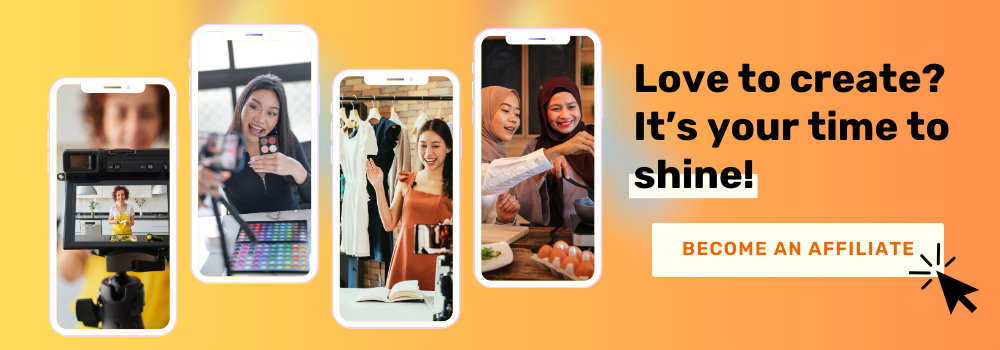
Frequently Asked Questions (FAQs)
What social media platform is best for affiliate marketing?
The best social media platform for affiliate marketing depends on your audience and the type of content you enjoy creating. If you love making videos, TikTok and YouTube are great choices because they help you reach a wide audience. Instagram is perfect for sharing lifestyle content, product photos, and quick stories. Facebook works well for building a community, especially through groups or pages. Twitter (X) is useful for sharing quick tips, updates, and links.
The key is to choose a platform where your target audience spends time and where you feel comfortable posting regularly. You don’t need to be on every platform — just focus on the one that matches your content style and helps you connect with people. With the right approach, any platform can work for affiliate marketing.
Does affiliate marketing work in Malaysia?
Yes, affiliate marketing works very well in Malaysia. More Malaysians are shopping online than ever, and many are open to product recommendations from people they follow on social media. This makes affiliate marketing a great way to earn extra income. Popular platforms like Shopee, Lazada, and Zalora offer affiliate programs through networks such as Involve Asia.
You can promote products through Instagram, TikTok, Facebook, YouTube, or even a blog. When someone clicks your affiliate link and makes a purchase, you earn a commission. Whether you’re a student, stay-at-home parent, or content creator, affiliate marketing is a flexible and beginner-friendly way to make money online in Malaysia — with no need to hold any products or manage customer service.
How to become a social media affiliate?
Becoming a social media affiliate is simple and free. First, choose a social media platform you enjoy using — Instagram, TikTok, YouTube, or Facebook are all good options. Then, sign up for an affiliate program like Involve Asia. After approval, you’ll get unique links to promote products. Next, start creating content around those products — reviews, tutorials, or personal recommendations.
Add your affiliate link in your bio, post captions, or video descriptions. When your followers click and buy, you earn a commission. Be honest and helpful in your recommendations — people are more likely to trust and support you. You don’t need a big following to get started — just focus on providing value and growing your audience over time.
What is an affiliate on social media?
An affiliate on social media is someone who earns money by promoting products or services and sharing special links with their followers. When someone clicks on the link and makes a purchase, the affiliate earns a commission. Affiliates don’t need to create or ship the products themselves — they just help connect people to things they might want to buy.
For example, if you post a video reviewing your favorite skincare product and include an affiliate link in your bio, anyone who buys through that link will help you earn money. It’s a popular way for influencers, content creators, and even everyday users to make income online. You can be an affiliate on platforms like Instagram, TikTok, Facebook, YouTube, or even Twitter by sharing helpful content and product recommendations with your audience.
